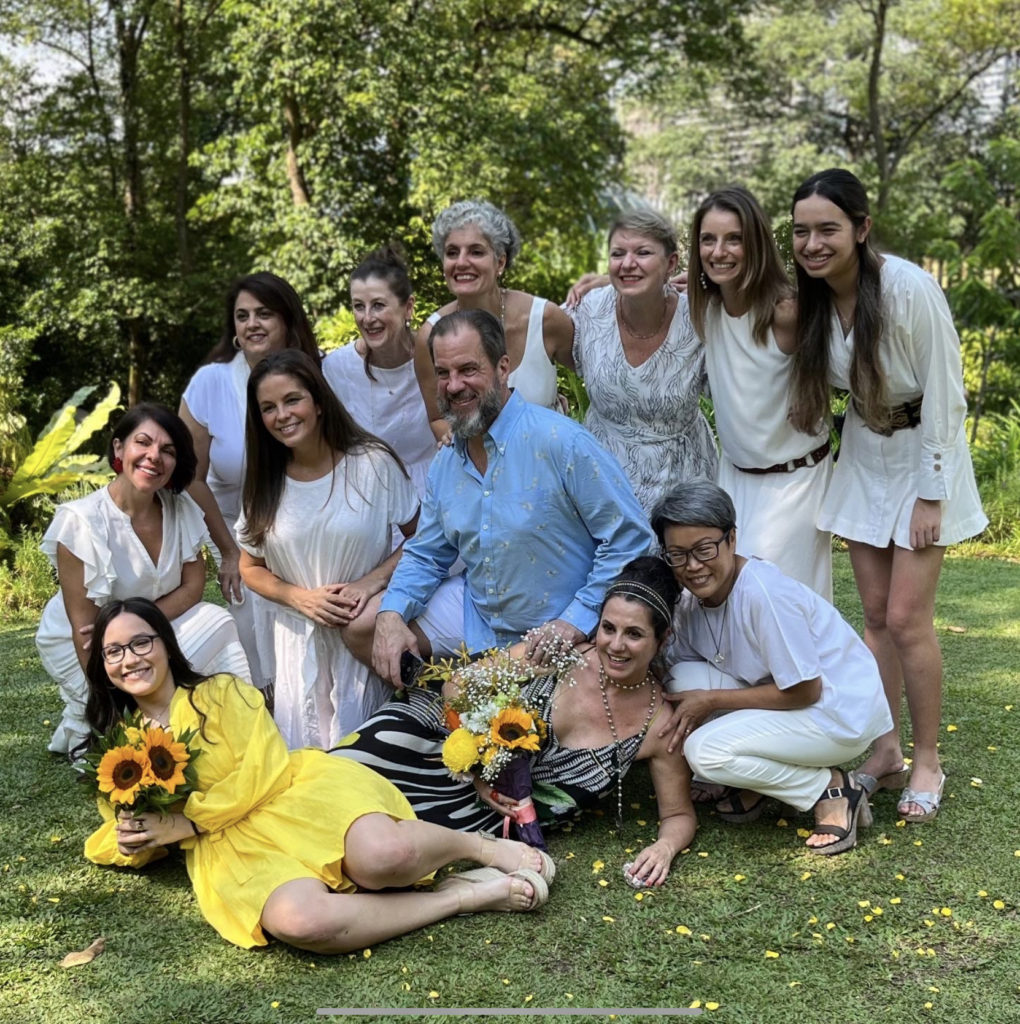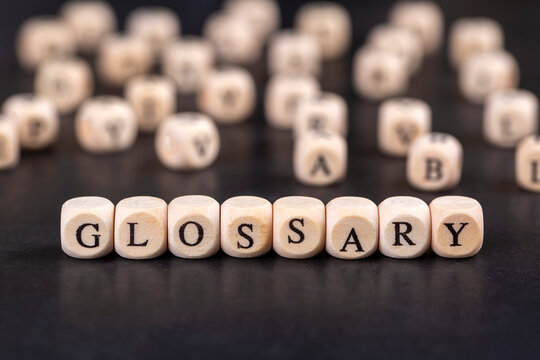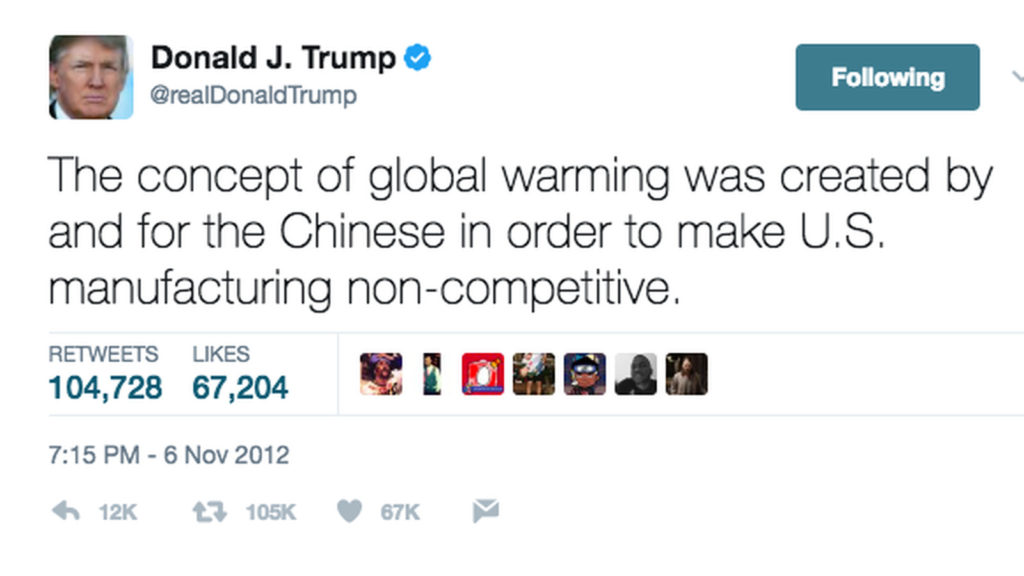Knowledge (by google) is facts, information, and skills acquired through experience or education; the theoretical or practical understanding of a subject, but it could also mean awareness or familiarity gained by experience of a fact or situation. I believe the second meaning of knowledge really explains what knowledge is. I believe knowledge is experience, it might be true or it might to completely false which contradicts the famous quote “knowledge is key”. Yes I believe knowledge is key but not all knowledge is useful and not all knowledge is facts.
Knowledge is an experience that could either be true or false and knowledge could also be facts in some occasions whereas a belief is a vast amount of the same opinions joined to make a community. It is also similar to knowledge because it could be true or it could be false but it is NEVER a fact and an opinion is an emotion or passion on a subject that is expressed to the open world. Opinion are what we base our reality on in my opinion (exactly “my opinion”) because no one has true facts on human existence, it’s more of a gigantic amount of opinions that have been justified by others.
What could really boost up a claim or opinion about a subject is an agreed amount of evidence from every single angle, perspective and scenario to completely justify a claim. After continuous amount of testing and evidence we can evidently call this a fact.
I believe that some knowledge could or bad in some situations, for example knowing knowledge on celebrities and their lives would not be useful in a science class but it could be useful in normal social events and I wouldn’t say some information is more useful than others because knowledge really shines in different scenarios even thought most knowledge isn’t true, it could still be useful






